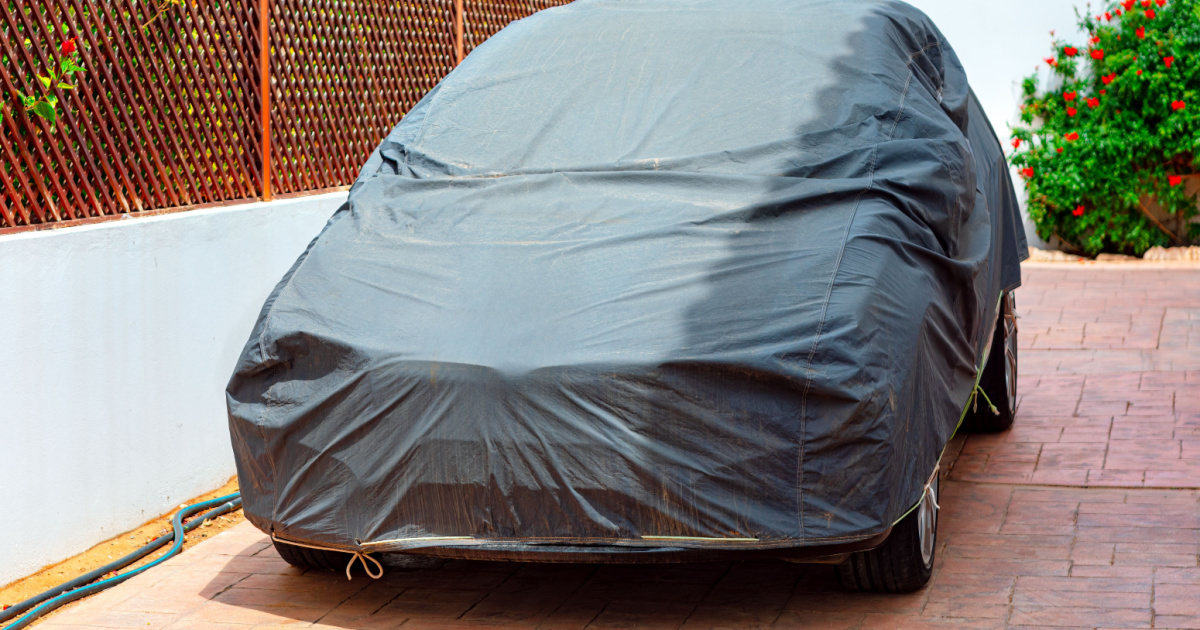
Do You Need Auto Insurance for a Car in Storage?
Cars find their way into storage for a multitude of reasons. Often, we see vehicles that are currently non-operational, waiting for the right time or parts to be brought back to life. On the other hand, some cars hold sentimental value, such as a childhood classic or a beloved first car that you’re not quite ready to part with.
These cherished vehicles often end up in storage, keeping them safe and secure until the day they hit the road again. Regardless of the reasons for storage, it’s essential to consider whether your car in storage still needs insurance coverage.
In most states, the law mandates that any vehicle registered in your name must be insured, irrespective of whether it’s actively in use or not. This directive might seem puzzling, especially when dealing with a car that’s idle and tucked safely away in storage.
However, it’s essential to consider that unexpected events can occur even when your vehicle isn’t on the road. Therefore, maintaining at least liability insurance is advisable. This policy provides a basic level of protection in case your stored car unintentionally causes property damage or bodily injuries—instances that are rare but possible. So, as long as your car holds registration, keeping it insured is not just a legal necessity, but also a wise precaution.

What Type of Insurance Do I Need for a Car in Storage?
Depending on the value of your vehicle, you may want to consider comprehensive coverage even while your car is in storage. Comprehensive insurance is designed to cover damages that aren’t caused by a collision. So, even if you aren’t driving your car, it could still be vulnerable to risks such as theft, vandalism, fire, or weather-related damage.
For instance, if you’re storing your vehicle in a garage and it gets damaged due to a fire or a fallen tree, comprehensive coverage can help cover the cost of repairs or replacement. Remember, each car and situation is unique, so it’s best to talk to an insurance expert to understand your specific needs and options.
On the other hand, if your priority is merely to keep your car legal while it’s in storage, you can opt for liability insurance. Liability insurance is the basic level of coverage required by law in most states. It covers the costs if you’re responsible for an accident, but it doesn’t cover any damage to your own vehicle. While this may not protect your car from potential non-driving related risks, it keeps your vehicle legally insured at a lower cost.
Can You Pause Your Auto Insurance While Your Car is in Storage?
Insurance companies generally do not offer the option to pause coverage while a car is in storage. The reason lies in the potential risks associated with uninsured periods. If there is any damage to your car during this time, you would be responsible for covering the costs. Additionally, insurance providers consider continuity of coverage when determining your premium, so an uninsured period could lead to higher rates in the future.
After the car is taken out of storage, resuming your policy might also involve a new underwriting process, potentially affecting your rates. Instead of pausing, consider adjusting your coverage tailored to the non-operational status of your car.
Are There Any Discounts for Auto Insurance For a Car in Storage?
Many insurance companies take into consideration the mileage driven daily when calculating insurance premiums. If you’re planning on storing a car and thus not driving it for a while, your insurer might offer lower rates due to the significantly reduced risk of accidents. Additionally, while your car is in storage, you might want to reassess your existing coverage.
Collision coverage, for instance, which covers damage to your car in the event of a crash, might not be necessary for a car that’s stored away. Removing this type of coverage could result in substantial savings on your insurance premiums. However, remember to reinstate it before you start driving the car again.
What Happens if My Car is Damaged While in Storage?
When your car is tucked away in storage, it might seem safe and sound, but unexpected situations can still occur. Theft, vandalism, fire, or weather-related damages are risks that your stored car faces. To safeguard against these potential hazards, comprehensive coverage is the way to go. This type of insurance is designed to cover any damage to your vehicle that isn’t caused by a collision.
So while your car is resting in storage, comprehensive coverage ensures it remains protected, giving you peace of mind during its hibernation period.
Would like to know more about comprehensive insurance for your vehicle in storage, give us a call at 816.453.7722 or request a quote below.
Categories: Auto Insurance

